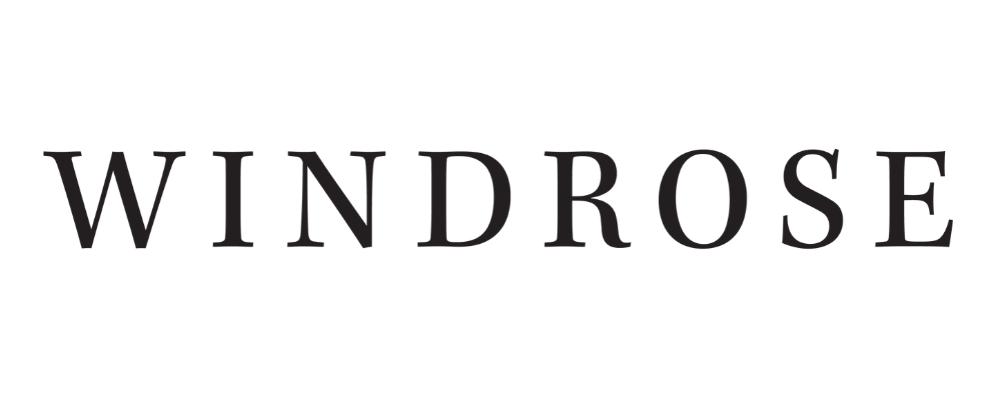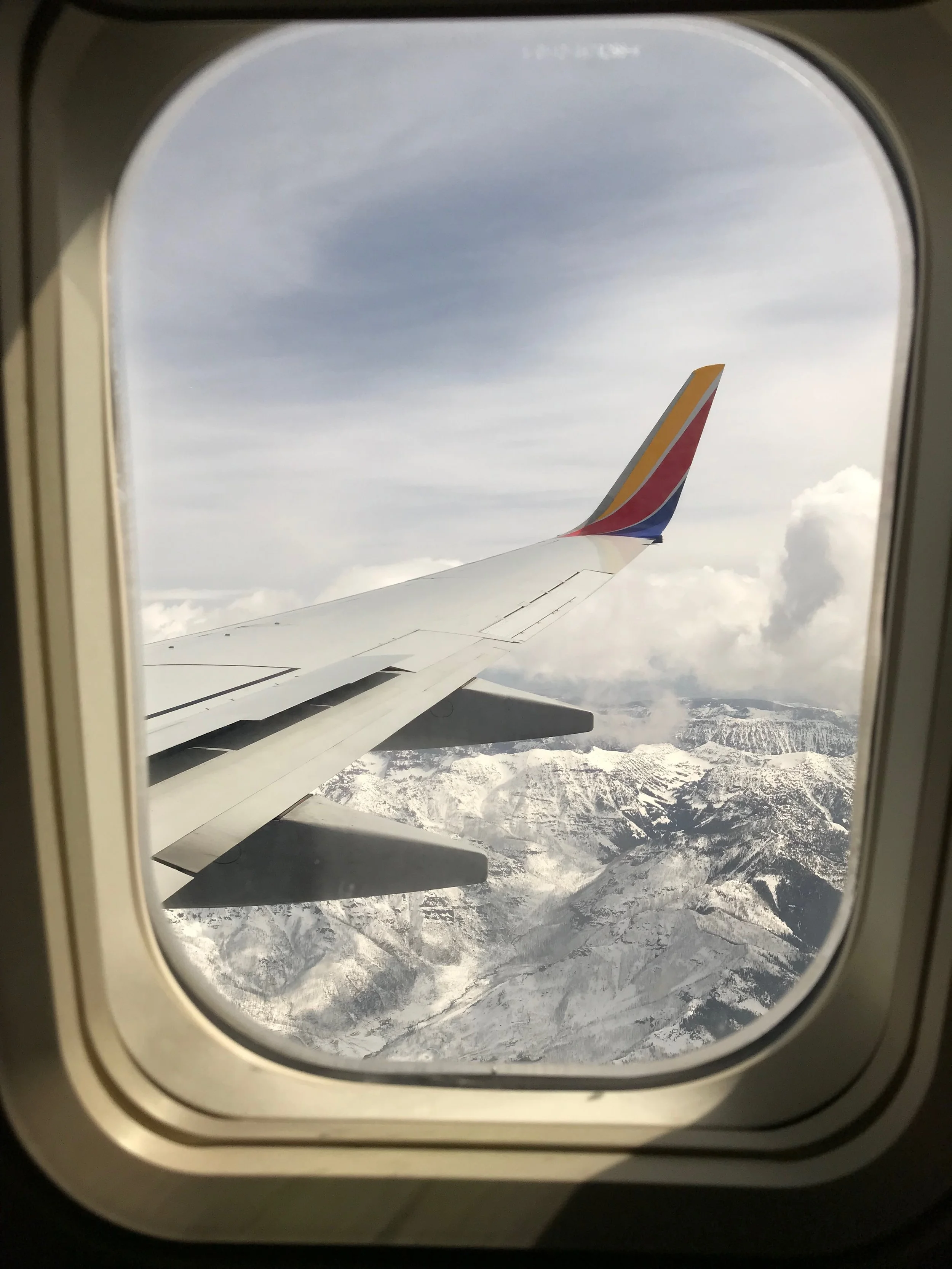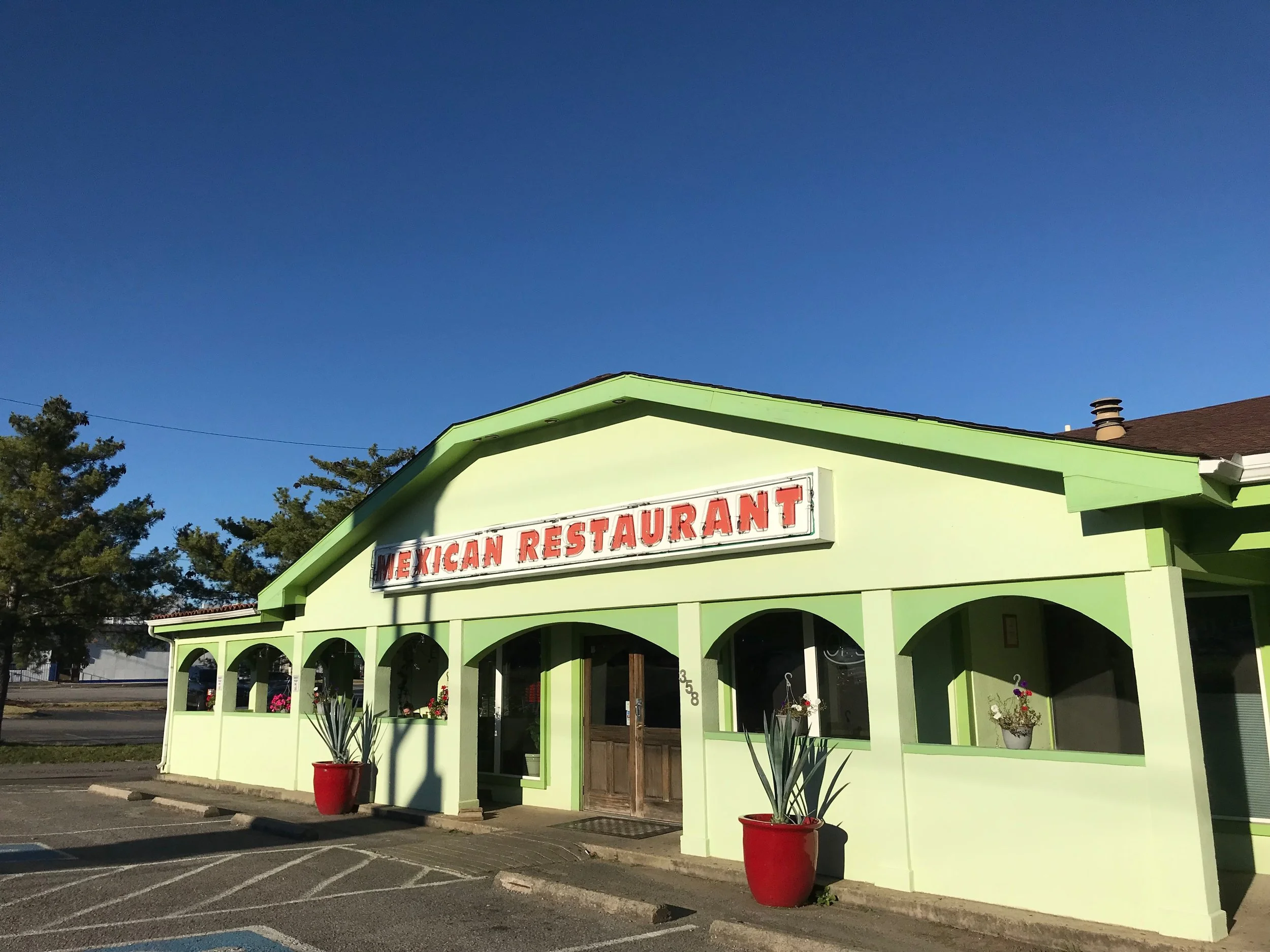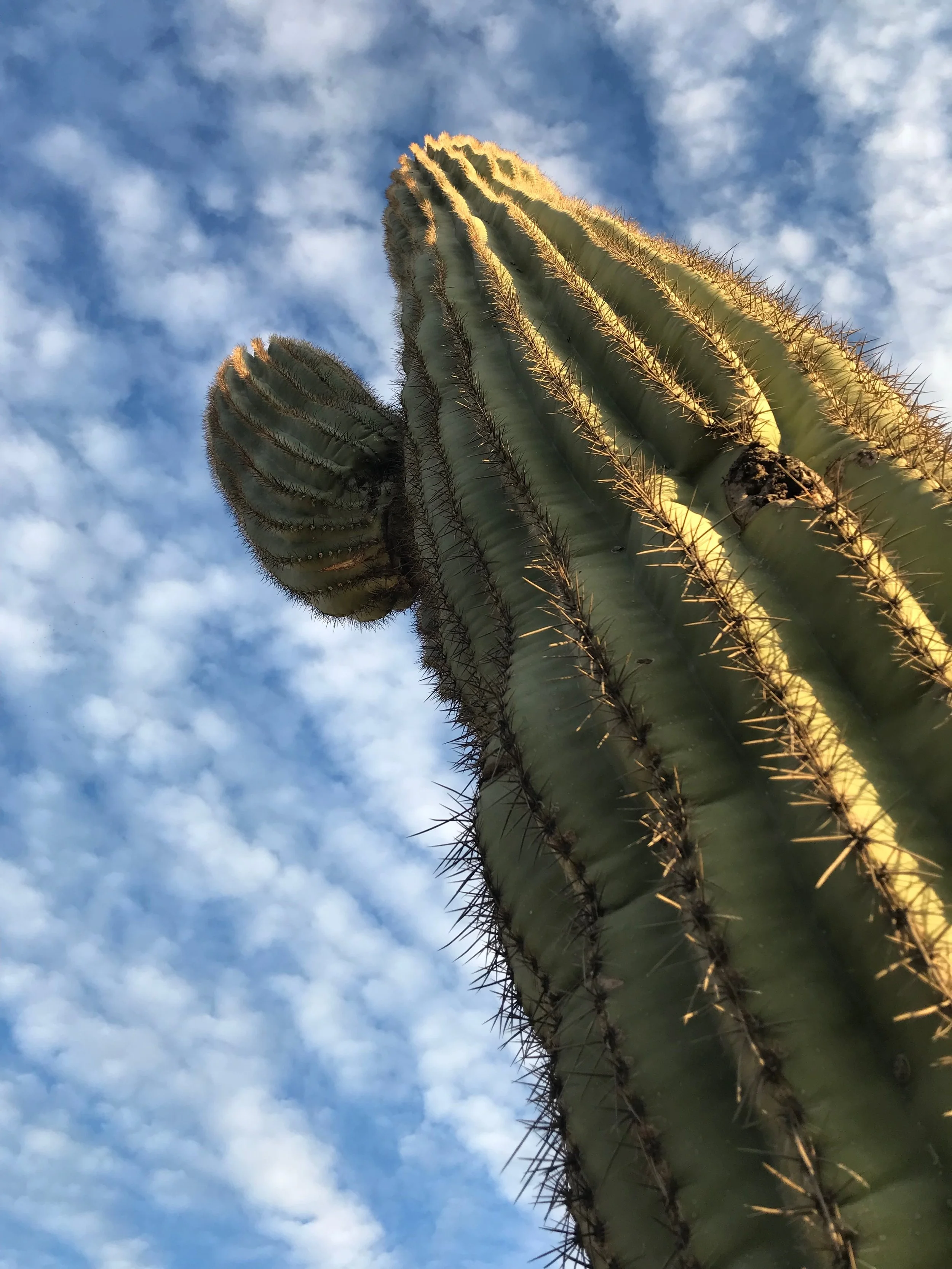What Do You Do First?
Often, when I wake up in the morning I am struck with a sense of urgency likened to the feeling I imagine one would experience if they opened their eyes only to find themselves hanging by their hood from Toronto’s CN Tower. Which is to say, my waking is somewhat violent. I hit consciousness with a hard kick in the back from slumber and blowing around in the windy beginning of each day I am overcome by the worry of what to do FIRST.
I’ve read that the first thing you should do every morning is meditate, and drink water with half a lemon squeezed into it, and brush your teeth and eat breakfast and have another liter of water and do your practice and practice the piano and tell your parents you love them and don’t check your email and go outside and do something active and make your bed—all FIRST, right? Now, maybe if I was really hanging 553 meters above an aquarium (read: shark tank) and not lolling languorously in my bed the matter of FIRST would seem more extreme. Somehow, it’s not. Most mornings I feel like the first thing I do could save/choke/doom/free me, even if it’s just putting toothpaste on a toothbrush.
This worry translates into me sun salutation-ing to the tune of the morning news podcast I subscribe to while a vitamin b12 supplement dissolves under my tongue. Which actually doesn’t sound so bad… but what I’m trying to get at is that I’m never doing anything by itself, you know? I’m halfway through planning my next move before I’m three quarters of the way into my current task. And maybe you think that sounds like organization but, let me tell you: it’s bloody exhausting. It’s because when you’re doing everything, you’re really not doing anything.
A few weeks ago I was volunteering for the Toronto International Film Festival (TIFF) and I got to chatting with a fellow sitting across the table from me. We were volunteering to be extras in a short little commercial that will play before some of the films at the festival later this summer. And, if you’ve ever been an extra before, you know there’s a lot of down time between brief moments of action. So we had a lot of time to chat.
He told me I should read Ken Watanabe’s Problem Solving 101, which was written originally for Japanese school kids. Watanabe’s book is part of the shift to “problem-solving-focused education” from “memorization-focused education.” Clearly, everyone should read it; especially anyone plagued every sunrise with too many instructions and no action plan.
So, reading it I am. On the third page of the preface Watanabe drops the word “kaizen.” In brackets he defines it as continuous improvement, and what more could anyone be striving for? Rushing a yoga practice while sucking on vitamins and trying to memorize a map of Europe hasn’t brought me much closer to spiritual liberation or a master’s degree, and it’s because I’m a bad goal-setter. No, wait, I’m a bad at making the road maps to achieve my goals.
To rectify this, I’ve been sitting down to make lists, charts and road maps about what I want to do with my life and how exactly I plan to do it. It’s been interesting, mostly because a lot of my biggest goals are also my biggest fears. What I have learned is that I cannot possibly have EVERYTHING that I want right now, or right away. The revelation has calmed my busybody a bit, and made me excited to live in kaizen, continuously improving.
Also, let’s be honest, it doesn’t always matter so much what you’re doing FIRST so long as you’re doing SOMETHING.
[Photo by Juliette Kibodeaux.]









